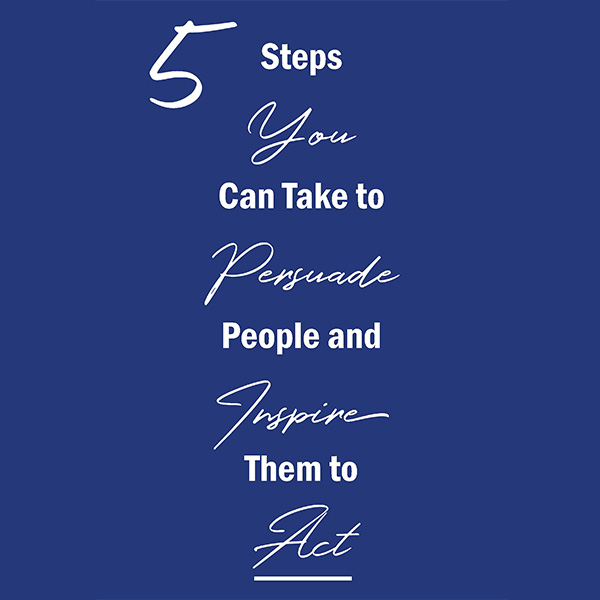The Think Police: Arrest the Thoughts In Your Head
Thoughts are a funny thing—they seem so true and legitimate, but are they really? Is everything you think real? Does everything you think have to be true? The answer, unequivocally, is no!
You do not have to believe everything you think.
Getting control of your thoughts is one of the first things you can do to get control of your life.
The first step in learning to control your thoughts is simply to observe them. Then ask yourself, “Is this true?” If it is not true, let the thought go.
If you believe the thought is true, then ask yourself another question, “Does this thought serve me?” If the answer is no, let the thought go.
This is how the process would work in an exercise class. You might think, “Man, I can’t do this.” Without examining the thought, you would simply give up and quit. When you examine the thought, though, you might have a different outcome.
When you ask yourself, “Is this true?” the answer could be yes or no. Most likely the answer would be no, it is not true. You can do this; in fact, you are doing this.
Even if you believe the thought is true and you cannot do the exercise, ask yourself the next question: “Does this thought serve me?” Most likely the answer then will be no—saying you cannot do it does not serve you, so let that thought go and carry on with class.
Granted, some classes are just too darn hard to follow, or are unsafe, so if this is the case, you should quit—but examining the thought and going through this process means you did not give up without a fight.
Another example of how this could play out in real life comes from work. If you are sitting at your desk thinking, “I just don’t have what it takes to be successful at this company,” take a moment to observe the thought. Then ask yourself, “Is this true?”
When you really spend some time observing the thought and asking yourself if this is true, you will likely decide it is not. You were hired for a reason, and you do have what it takes to be successful. You might need to ask for help, or you might need to reach out to some friends for reassurance, but the thought itself—“I just don’t have what it takes to be successful at this company”—is likely not true.
Let the thought go and move on with your day.
If you believe the thought to be true, ask yourself, “Does this thought serve me?” If you want to be successful, you will realize that the thought does not serve you, so you let it go.
I have been using this thought process my whole life without realizing it was even a process—it is just the way I think. But I know many others get mired in their thoughts and believe everything that pops into their head without any regard for whether these thoughts are true.
I also recently learned about the work at Byron Katie, an author and speaker who teaches a method of self-inquiry known as “The Work,” which is remarkably similar to my natural thought process. I love that the process of controlling your thoughts—however you break it down and define it—can be learned.
Everyone can learn how to examine their thoughts to improve their lives.
When we get control of our thoughts, we get control of our lives.
This whole idea of controlling your thoughts is well summarized in Romans 12:2 in the Bible:
Don’t copy of the behavior and customs of this world, but let God transform you into a new person by changing the way you think. Then you will learn to know God‘s will for you, which is good and pleasing and perfect.

